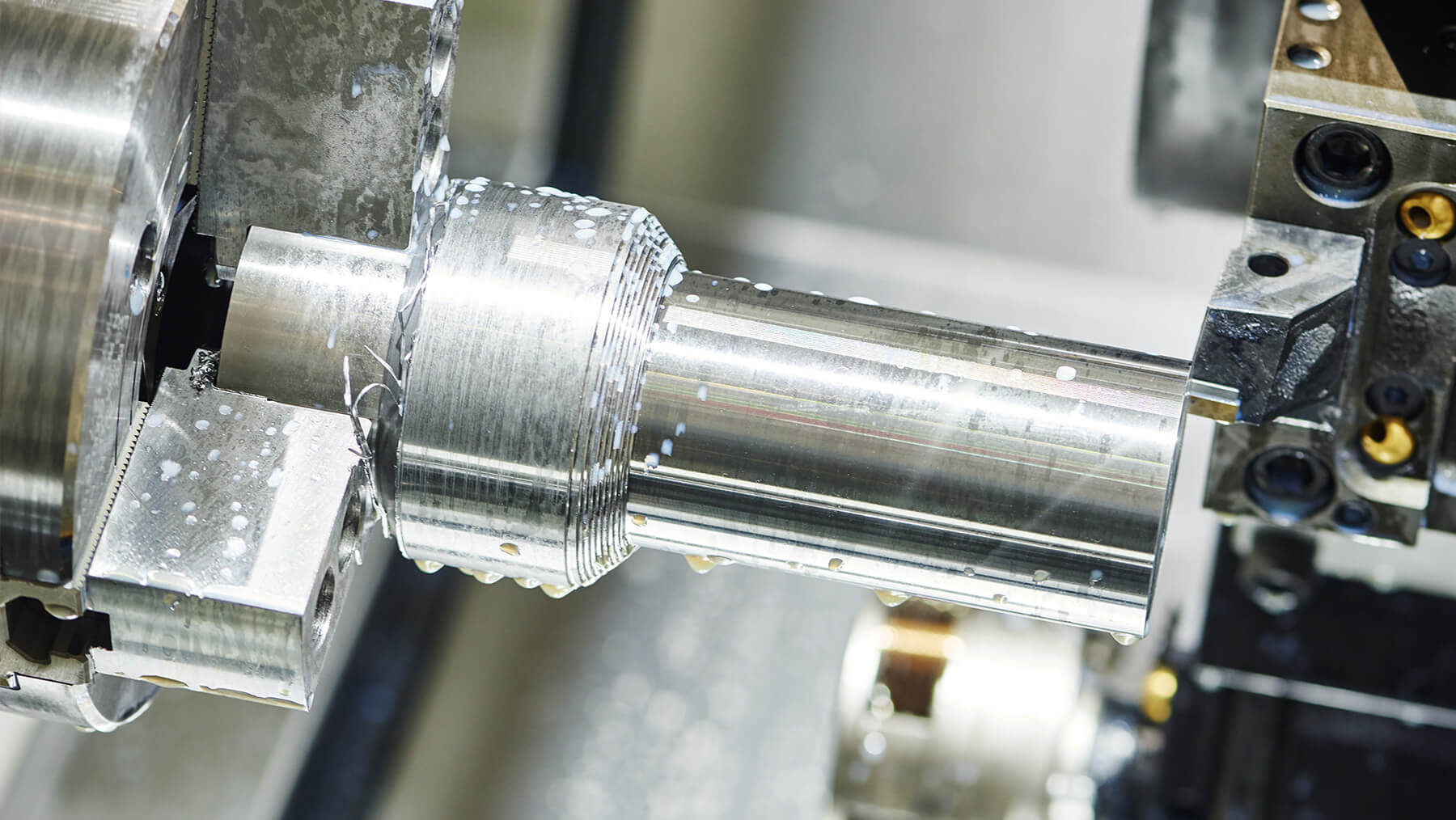
The aerospace and medical industries are constantly evolving, and the demand for high-quality materials that can withstand extreme conditions is ever-present. Titanium forging, in accordance with ASTM B381 standards, has emerged as a crucial component in meeting these demands. With its exceptional strength, lightweight nature, and corrosion resistance, titanium has become a material of choice for a wide range of applications, from aircraft components to medical implants. ASTM B381 is the standard specification for titanium and titanium alloy forgings, outlining the requirements for chemical composition, mechanical properties, and permissible variations in dimensions.
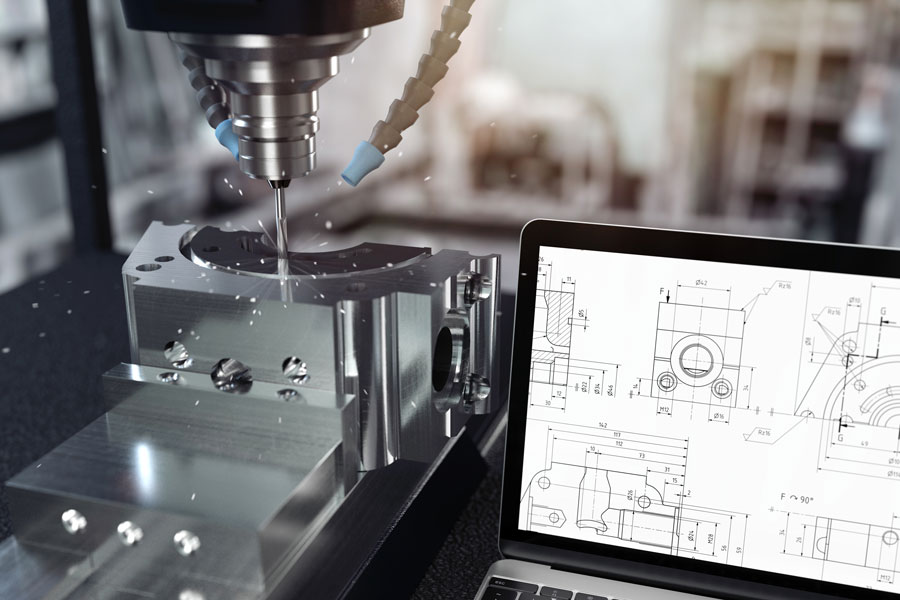
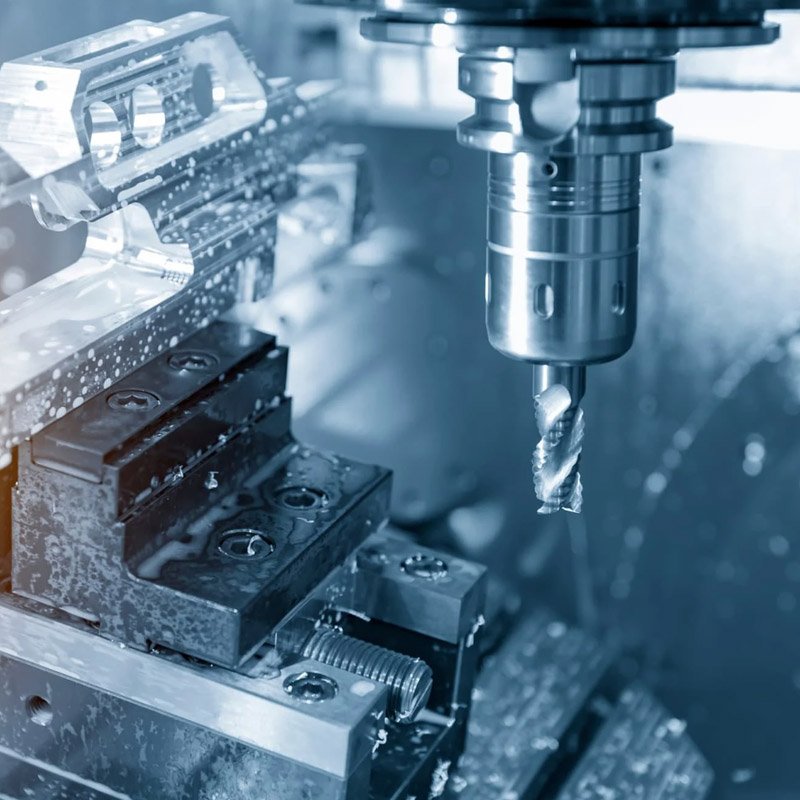
This standard ensures that titanium forgings meet the stringent quality and performance criteria necessary for use in critical applications. In the aerospace industry, titanium forgings play a vital role in the production of aircraft components. From structural elements to engine parts, titanium's high strength-to-weight ratio makes it an ideal material for enhancing aircraft performance and fuel efficiency. Additionally, its resistance to corrosion and high-temperature environments makes it well-suited for aerospace applications. Moreover, the medical industry has also embraced the use of titanium forgings due to their biocompatibility and resistance to bodily fluids. Titanium implants, such as hip and knee replacements, dental implants, and spinal fixation devices, have become increasingly prevalent, offering patients a durable and long-lasting solution for various medical conditions. The use of titanium forgings in both industries has led to advancements in technology and innovation.
For instance, the development of complex, lightweight components has been made possible through the precision forging of titanium, allowing for improved aerodynamics in aerospace and enhanced functionality in medical devices. Furthermore, the adoption of ASTM B381 standards ensures that titanium forgings meet the highest quality and safety requirements. This standardization not only benefits manufacturers by providing clear guidelines for production but also instills confidence in end-users regarding the reliability and performance of titanium forgings. As the demand for titanium forgings continues to grow, research and development efforts are focused on further enhancing the material's properties and expanding its applications. Ongoing advancements in forging techniques and alloy compositions are aimed at pushing the boundaries of what titanium can achieve, opening up new possibilities for its use in various industries.
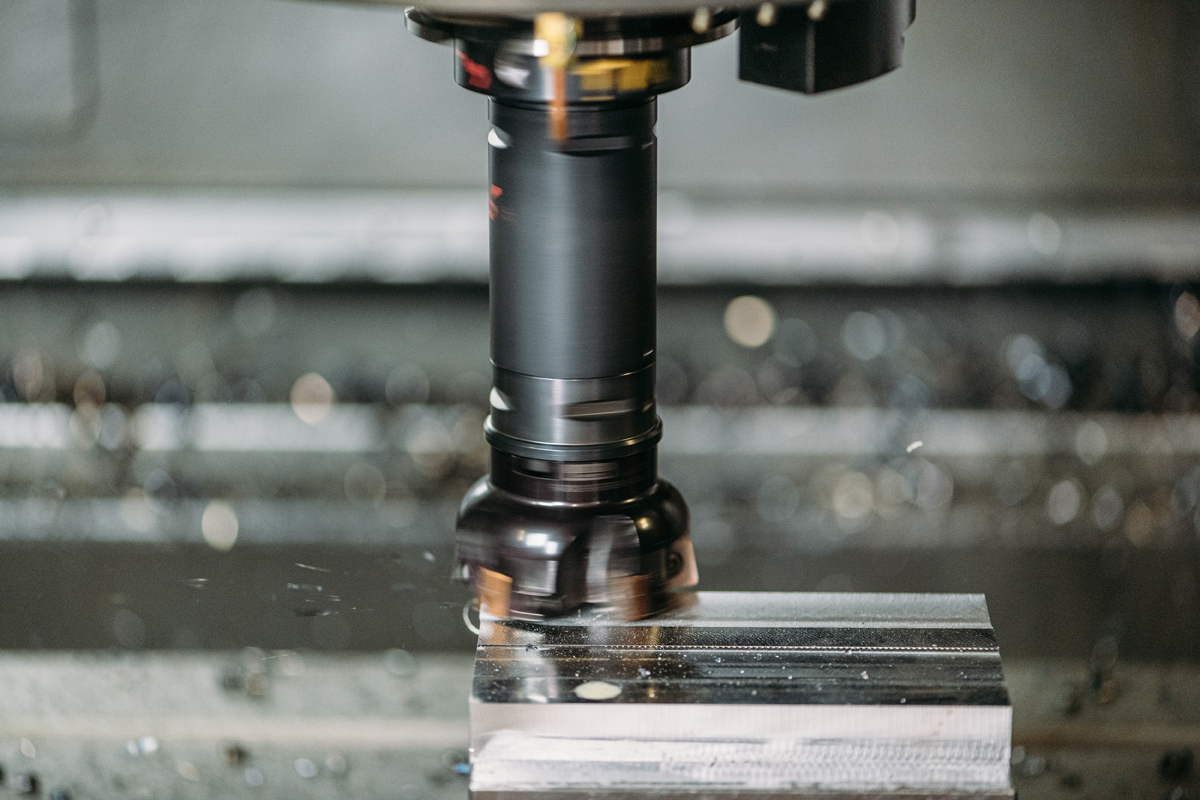
In addition to its mechanical properties, the sustainability of titanium forging is also a significant factor in its widespread adoption. Titanium is fully recyclable, and the forging process itself is energy-efficient, making it an environmentally friendly choice for manufacturers and end-users alike. Looking ahead, the future of titanium forging in accordance with ASTM B381 standards appears promising. As technological advancements drive the evolution of aerospace and medical technologies, titanium forgings will continue to be at the forefront of innovation, enabling the development of safer, more efficient, and more durable products.
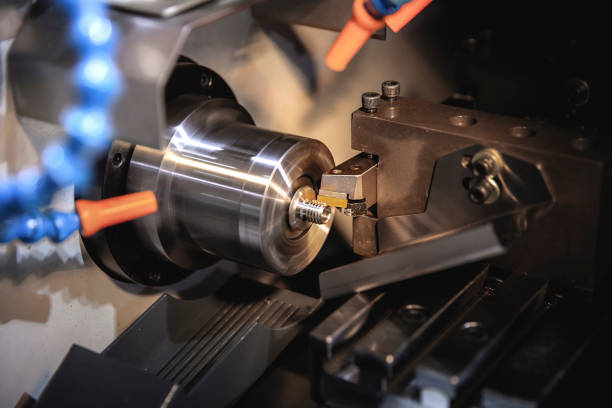
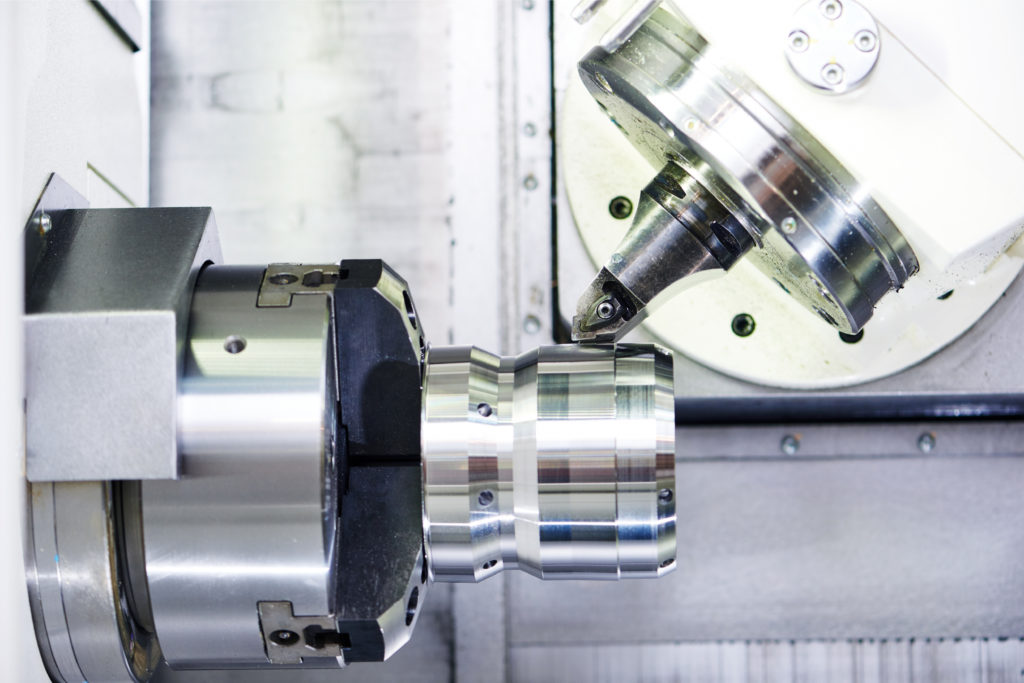
In conclusion, titanium forging in compliance with ASTM B381 standards has become an indispensable material for the aerospace and medical industries. Its exceptional properties, coupled with the rigorous quality assurance provided by the ASTM standard, have positioned titanium forgings as a cornerstone of technological advancement. With ongoing research and development, the potential for further innovation and expansion of applications for titanium forgings is vast, promising a future where this remarkable material continues to shape the forefront of aerospace and medical technologies.
Post time: Apr-07-2024
